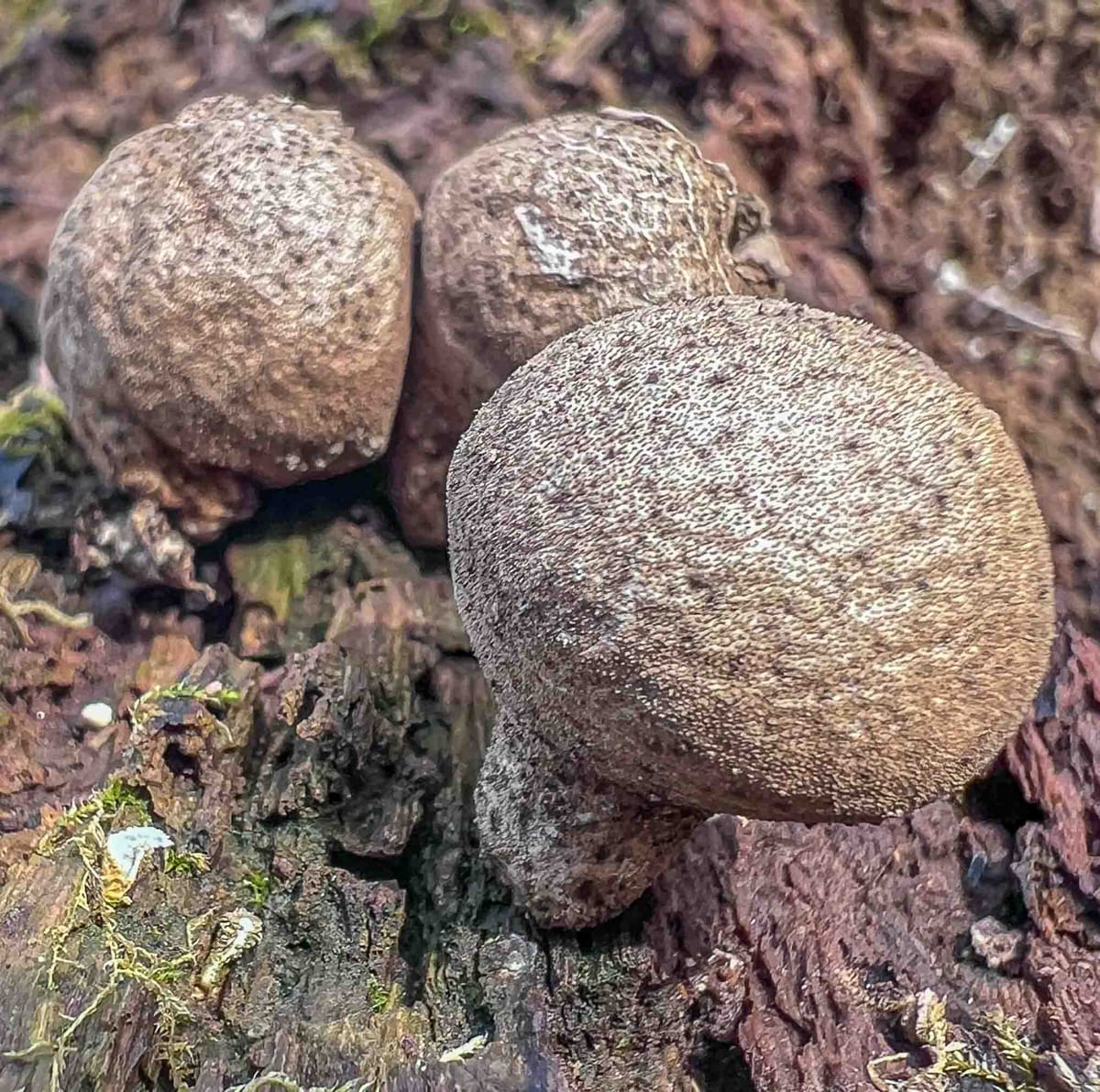Wolf Farts?

February 12, 2025
If you want to understand nature (and have a bit of fun), you need to learn about taxonomy. If you paid attention in high school biology, you might already know what's coming, but stick with the rest of us while I explain—it's worth it.
Taxonomy is the science of naming, defining, and grouping living things by their shared traits. Before Carl Linnaeus introduced a standard naming system in 1735, a plant or animal could have several different common names, which often meant different things to different people depending on where they lived and could also change over time.
We still use Linnaeus's two-part naming system, also known as binary or binomial nomenclature. These names usually follow Latin grammar, but can also come from words in other languages. Some people call this the Latin name, scientific name, or binomial.
The first part is the generic name—the genus the species belongs to. The second part is the specific name—the species within the genus.
You're probably familiar with Tyrannosaurus rex. Tyrannosaur is a genus of large theropod dinosaurs, and Rex, the species name, means 'king' in Latin, making it the 'king of the large theropod dinosaurs'.
There are now international codes of rules that regulate the naming of new species. Taxonomy is constantly evolving. Over the past twenty to thirty years, we've seen significant changes as researchers redefine and reorganize species using genetic analysis.
I know, this is a long way around to wolf farts... but we're almost there.
A good example of this genetic reclassification is the Pear-shaped Puffball, a common fungus that grows on rotting wood. Until 2017, it was named Lycoperdon pyriforme. A DNA study showed it didn't belong to the Lycoperdon genus, so now it's known as Apioperdon pyriforme, the only known species in the genus Apioperdon. Mycologists find this logical, as the Pear-shaped Puffball is the only puffball that grows on wood.
The genus Lycoperdon has about 50 species of small puffballs. The genus name comes from Greek - "lyco" means wolf, and "perdon" means to break wind, giving us the wolf-fart puffball. When mature, the puffball forms a pore-like opening on top and can puff out spores when disturbed.
Why wolf? Well, why not?
Taxonomy can be mysterious.
In the new genus name Apioperdon, “apium” meaning "celery" now precedes "perdon," still meaning "to break wind."
Celery farts?
Well, the spores are green.
The species name is less exciting, with "pyri" meaning pear and "forme" meaning shape.
The genus Lycoperdon has a confusing history. It used to be in the outdated order Lycoperdales, but now it belongs to the family Agaricaceae in the order Agaricales.
But there are no farts in that story.

About iNaturalist
About Anson B. Nixon Park
About cagksq
See this observation on iNaturalist




